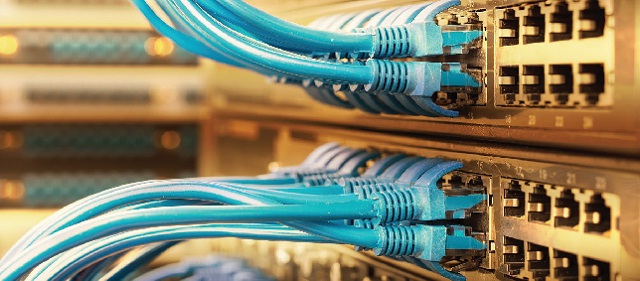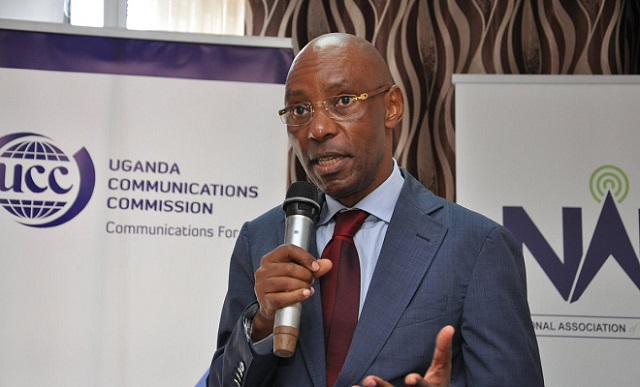
Why cost per Mbps has dropped by 73% in last three years
Kampala, Uganda | JULIUS BUSINGE | The cost of internet in Uganda has dropped by 73% to US$70 per Mbps over the past three years, signaling a reduction in the cost of doing business.
In an exclusive interview with The Independent, the Executive Director of Uganda Communications Commission, Godfrey Mutabazi said, the drop in cost is as a result of the implementation of the fourth generation licensing regime that recently earned the commission an award from the International Telecommunication Union (ITU).
“The current policy demands that we maintain an open technology neutral licensing regime that only distinguishes between service and infrastructure provision; that is why we have been able to attract all these global brands in the last 10 years,” Mutabazi said.
Mutabazi said as at the end of last June, UCC had licensed 23 Public Infrastructure Providers (PIP) – firms that distribute optic fibre to boost internet penetration. It had also licensed over 30 public service providers (PSPs) – which provide data and voice services.
He said that the entry of the big fibre firms has meant that small players like telecom companies maintain some of their own fibre but not invest in new ones because they can be supplied by the big ones.
This, according to Mutabazi, makes small players such as like telecom firms record capital expenditure savings which ultimately translates into reduced retail prices for internet and more uptake of the service.
Available data from the UCC indicates that the sector registered an estimated 14.5% growth in mobile internet subscription (1,698,215 new subscribers) and a 3.2% growth in fixed internet subscription (4,850 new subscribers) in the period April – June, 2017.

In the same period, the estimated internet users increased by 3.7% from 16,484,312 to 17,102, 456. Internet penetration increased from 43.8% to 45.4% (1.6% increase) in the same period.
Going forward, Mutabazi said that the UCC has procured a quality of service equipment to enhance its monitoring and provision of billing and metering assurance so as to deal with complaints related to data losses by some telecom customers.
The reduction in internet price is not only benefiting private sector players.
On Oct. 30, the National Information Technology Authority Uganda (NITA-U) announced a reduction in the price of internet bandwidth for government offices from US$190 per Mbps to U$70.
This meant all Government Ministries, Departments and Agencies (MDAs) would get connectivity through the National Backbone Infrastructure (NBI) at the new price in the market.
 The Independent Uganda: You get the Truth we Pay the Price
The Independent Uganda: You get the Truth we Pay the Price



